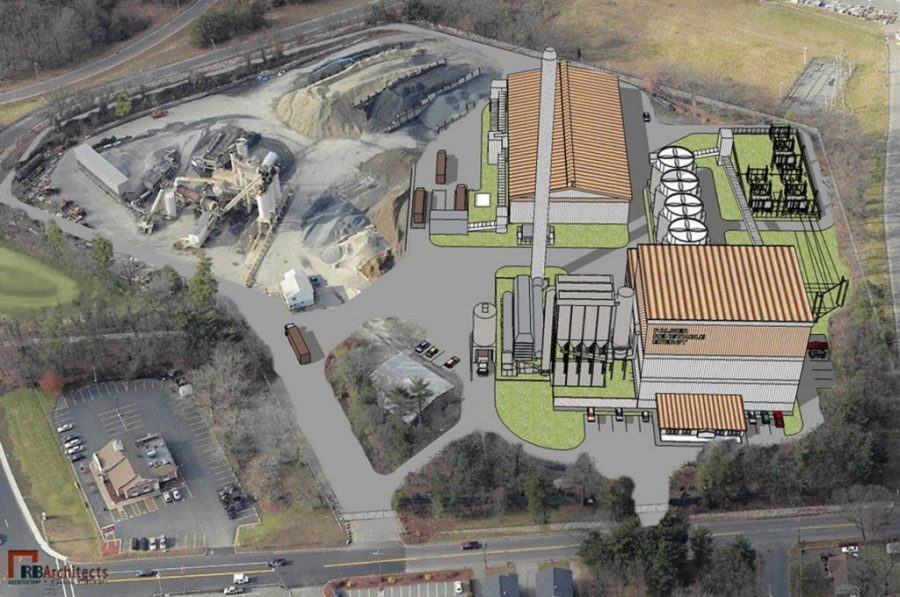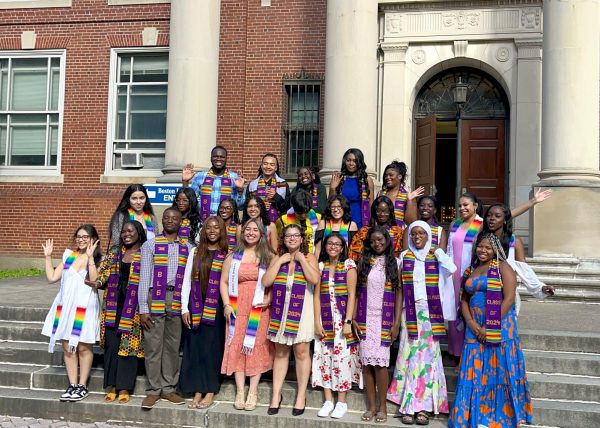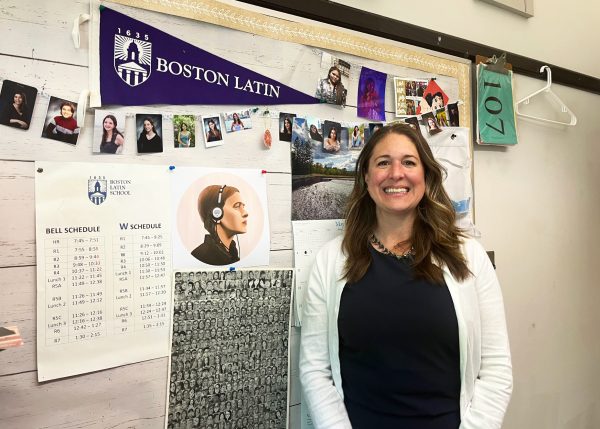YouthCAN Lobbies Against Biomass Incinerators
On December 1, members of the Youth Climate Action Network (YouthCAN) participated in a phone banking effort to oppose state legislation that would allow for the establishment of wood-burning energy plants.
Boston Latin School students called representatives and constituents as part of an effort led by the Springfield Justice Coalition to express their concerns regarding the proposed Palmer Renewables plant in East Springfield, Massachusetts.
The wording of the 2050 Climate Roadmap Bill, currently in a Conference Committee of the Massachusetts State Legislature, includes language that lists biomass power plants as a “non-carbon emitting” energy source, because they are powered by the sun and can regrow in a relatively short time. This wording would enable the Palmer Renewables company to build a 150 million dollar biomass power plant in East Springfield.
According to the Springfield Justice Coalition, the 35-megawatt wood burning plant would further pollute the air in an economically distressed community, within a town that has been labelled as the “asthma capital of the U.S.” East Springfield residents and statewide activists have been fighting against the plant’s construction for over 12 years.
Students were able to confirm opposition to the wording from some representatives. YouthCAN member Naomi Carrigg’s (I) representatives, who are both Democrats, will likely vote against the misclassification in the bill. Fellow YouthCAN member Ita Berg (V) received a phone call confirmation from her representative’s office.
Despite this, students acknowledge that there is a lot of work to be done in order to convince other representatives to follow suit. Carrigg says that many participants in the phone banking event called the constituents of Robert A. DeLeo, the current Massachusetts House of Representatives Speaker who has the power to initiate a change in the language of the bill. She concludes, “Even though we’re in a very liberal state, there’s still a lot of things happening that are hurting the environment here. If enough people call, [our leaders] have to address it.”
Students recognize that in addition to harming the climate, the plant’s construction would also be a matter of social justice. YouthCAN member Maya Nelson (III) emphasizes that the plant is a clear example of environmental racism, as East Springfield has a higher proportion of people of color compared to the rest of the country, and a lower Gross Domestic Product (GDP). Communities of color within two miles of the proposed biomass incinerator meet the state’s definition of “environmental justice” populations based on income, race and language isolation.
YouthCAN president Zoe Nagasawa (I) says that Massachusetts has been slower than other states in passing climate legislation, despite its liberal and progressive reputation. She adds that the outcome of the bill is by no means definite. Nagasawa says, “It might be a 50 [to] 50 chance about whether or not we are able to stop biomass from being included in this bill. Our voices are definitely powerful, but the [Massachusetts] state legislation is not actually as liberal as we would like it to be, and there’s a chance that the voice of the company will be louder than the voice of the people.”
YouthCAN plans to hold their own virtual “Days of Action” at BLS in the near future, during which students can lobby for environmental legislation which could potentially include a climate action mandate, a 100 percent renewable energy bill and a carbon crisis bill.
The Climate Conference Committee plans to finalize their decision soon, and in the meantime, students can still take action by reaching out to their legislators today. Maia Frost (III) urges, “When your community asks you for help, you should get out there and make a difference.”
Resources:
Google Form to get involved:
https://docs.google.com/forms/d/e/1FAIpQLScOhPmWRELyL0BRC0S5174XXrP-0xIHkyd1KR5ETHdY62uUTg/viewform
Website to make calls:






